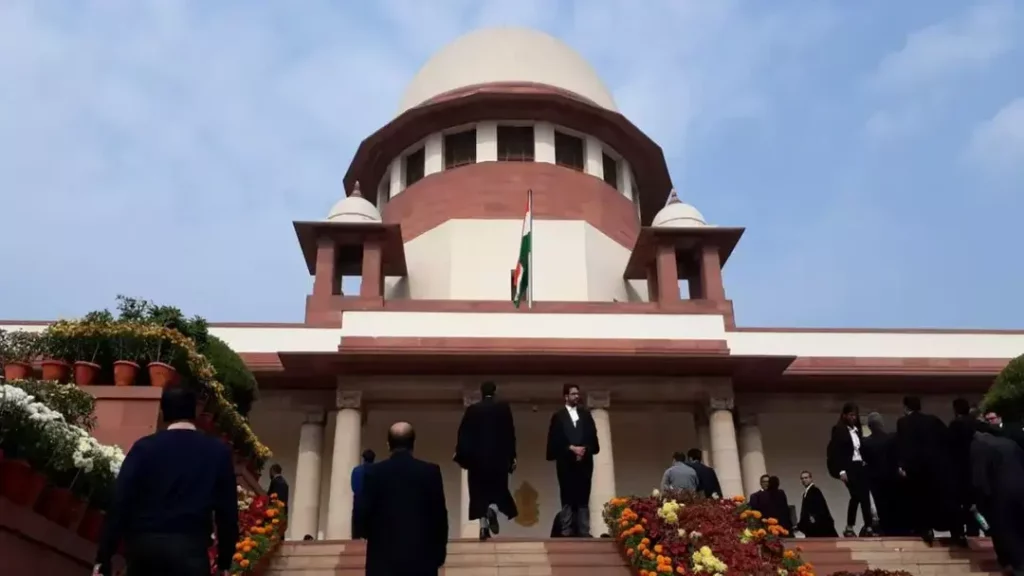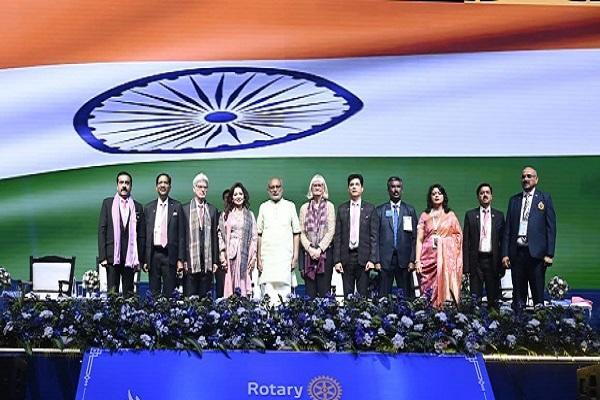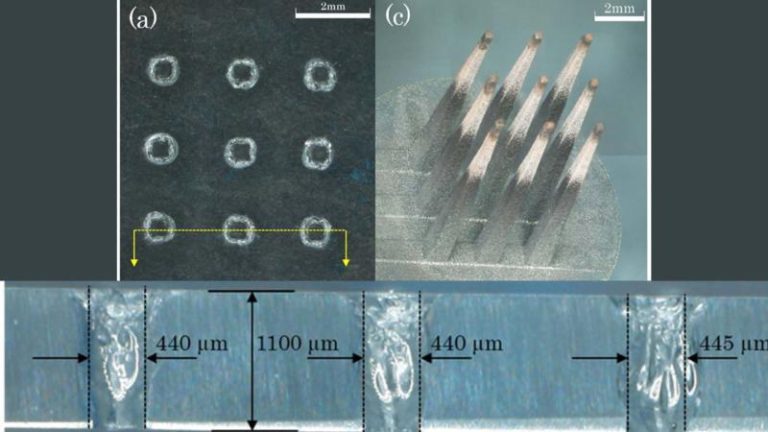
MMRDA Scraps ₹14,000 Crore Tender After SC Rap in L&T Plea
The Mumbai Metropolitan Region Development Authority (MMRDA) has scrapped two major infrastructure projects worth ₹14,000 crore, citing public interest. This decision comes after the Supreme Court closed a plea filed by Larsen & Toubro (L&T), a leading infrastructure and construction company, alleging unfair disqualification from the tender process.
The controversy surrounding the tender process began when MMRDA awarded the contracts to Megha Engineering, a Hyderabad-based company, despite L&T submitting a lower bid. L&T had expressed concerns over the tender process, claiming that MMRDA had unfairly disqualified them, leading to a lengthy litigation.
In its plea, L&T had sought the intervention of the Supreme Court, alleging that MMRDA had violated the principles of natural justice and transparency. The company claimed that it had submitted a lower bid than Megha Engineering, yet was disqualified from the process. L&T had also pointed out that the tender process was marred by irregularities and that the authority had failed to provide adequate reasons for disqualifying the company.
The Supreme Court, after reviewing the matter, closed L&T’s plea, paving the way for MMRDA to scrap the tenders. The authority, in a statement, said that it had decided to cancel the tenders in the interest of public interest, as the projects were of significant importance to the city.
The cancellation of the tenders is a significant development, as the projects were meant to improve the city’s infrastructure and connectivity. The projects included the construction of a new metro line and a road project, both of which were expected to have a significant impact on the city’s traffic and transportation system.
The decision to scrap the tenders has been welcomed by many, who see it as a step towards ensuring transparency and fairness in the tender process. However, the move has also raised concerns about the impact on the project timelines and the potential delays that may be caused by the cancellation.
The controversy surrounding the tender process has also led to questions about the competence and integrity of MMRDA. The authority’s decisions have been called into question, with many citing the cancellation of the tenders as evidence of its lack of transparency and accountability.
The Supreme Court’s decision to close L&T’s plea has also been seen as a blow to the company, which had been seeking justice and a fair opportunity to participate in the tender process. The company’s representatives had expressed frustration and disappointment over the authority’s decision, saying that it had been unfairly targeted and that the tender process had been rigged against it.
The cancellation of the tenders is also seen as a setback for Megha Engineering, which had won the contracts despite L&T’s lower bid. The company’s representatives had defended their win, saying that they had met all the eligibility criteria and had submitted the best proposal.
The controversy surrounding the tender process has also led to calls for reforms in the way infrastructure projects are awarded in India. Many have called for greater transparency and accountability in the tender process, saying that it is essential to prevent corruption and ensure that projects are awarded fairly and competitively.
In conclusion, the cancellation of the ₹14,000 crore tender by MMRDA is a significant development, one that has far-reaching implications for the city’s infrastructure and connectivity. The controversy surrounding the tender process has raised questions about the competence and integrity of MMRDA, and has led to calls for reforms in the way infrastructure projects are awarded in India.






